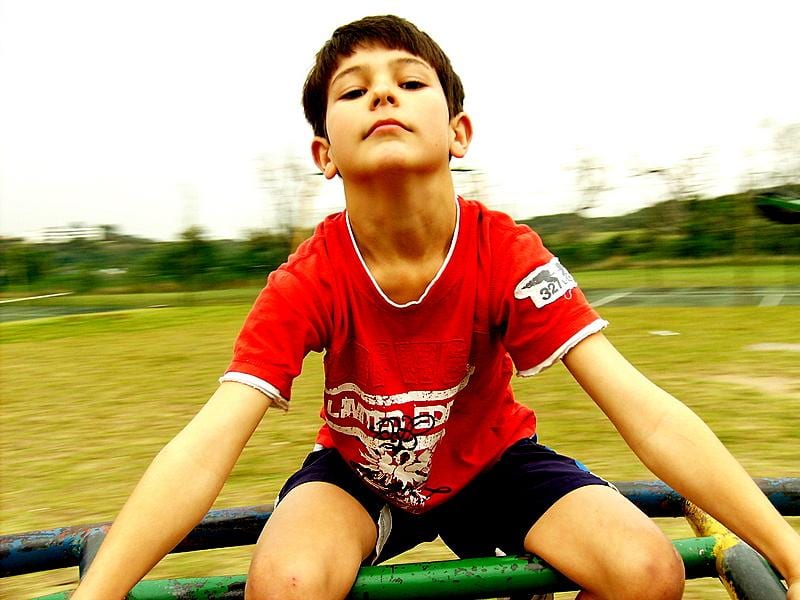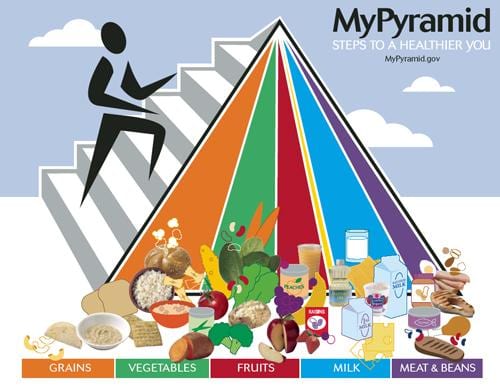Search Results for: Television box
How to Get a Toddler to Eat Meals at the Table
Toddlers are little bundles of non-stop energy. Sitting down is not one of their strong suits. Parents can encourage their energetic tots to enjoy some quiet family time at the table for meals. Make the table a comfortable place for the toddler and the whole family. Minimize trouble zones for the toddler by removing glass centerpieces or salt and pepper shakers, which can invite curious toddlers to play and make a mess rather than eat their meal. Tuck the ends of a tablecloth so they are out of reach to minimize the toddler’s temptation to tug on it. In the beginning, realize that toddlers will get up from the table frequently, but if you stick with the idea that food is eaten at the table, they will eventually sit until they are done with their meal.
How to Motivate Kids to Exercise
In today’s busy lifestyles, especially when both parents work outside the home, it can be a challenge to motivate your kids to get enough exercise. Television, video games and computers can lull children of all ages into sedentary habits; yet you know it’s important to their health and well being that they lead more active lifestyles. According to Doug Hewitt, author of “The Practical Guide to Weekend Parenting,” the most important step is making the exercise decision and then making it fun.
5 Education Tips for Kids With ADD
Having a school-age child with Attention Deficit Disorder (ADD) is a challenge for many parents. However, there is help and support available. As a result of the 2004 Individuals with Disabilities Education Act, you have the right to be involved with your child’s education. There are 5 things to consider while working out an Individualized Education Plan (IEP) with your child’s educator.
10 Weight Loss Tips for Overweight Kids
Being overweight might be an awkward phase your child is experiencing, or it could be a precursor of things to come. When a child is overweight, he may feel uncomfortable or inadequate and continue to feed those negative feelings with more food. As the child ages his feelings may turn to despair and he may settle for a life without physical activity, which will not be healthy. As a parent, you can change the course of this unhealthy cycle. It’s important not to comfort the child with food when he is sad or upset. Affection, kind words and listening may be all the child needs, rather than an ice cream cone or a treat. Focus on the child’s behavior, and call out the behavior not the child. Eating candy before dinner may be a bad idea for an overweight child, but that does not mean the child is bad. Thwart the behavior without hurting the child’s feelings if you want to help the overweight child reach a healthy weight.
Healthy Eating Tips for Kids
Getting your kids to eat healthy is one of the biggest challenges parents face. In today’s busy world, it’s tempting to drive by a window and pick up a greasy meal in a box (with a free toy!), but that’s not a great way to teach your child about eating healthy. According to the Mayo Clinic, a 4- to 8-year-old will need to consume 1,200 to 2,000 calories a day (depending on age and sex), and childhood obesity is reaching epidemic proportions. Give your kids a head start to a healthy lifestyle by teaching them to choose the right foods.





